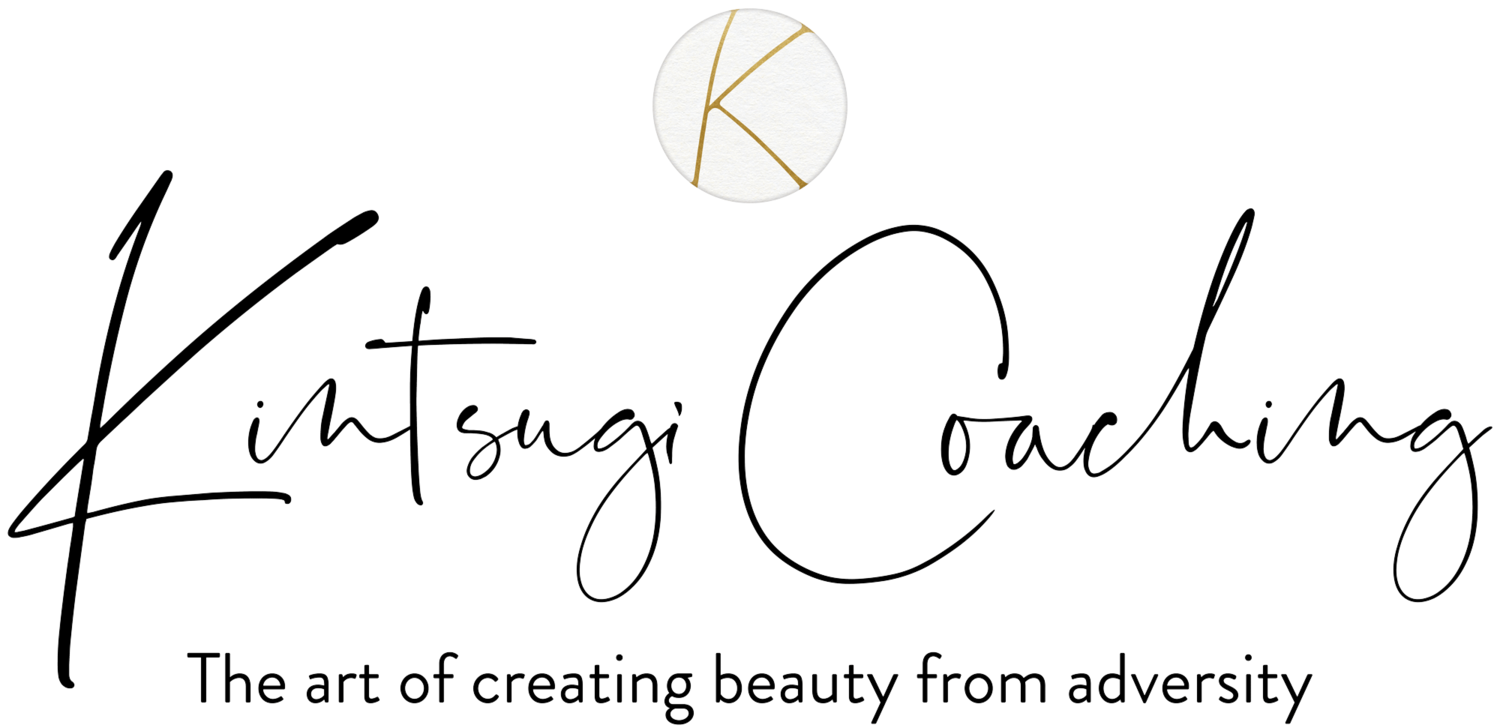Coaches and Counselors and Therapists, Oh My!
If you’re looking to talk with someone about concerns in your life, it can be hard to know what to look for. The options are daunting. Should you find a counselor? Coach? Psychologist? All those letters after the names are like alphabet soup. What do they even mean?
I’ve got your back. Let’s break this down a bit.
COACH
A coach helps people go from where they are to where they want to be. Life coaching doesn’t delve into the past or explore feelings: It’s action oriented. Like an athletic coach, a good life coach (or business coach, or health coach, or relationship coach—there’s a coach for just about everything these days) will be able to discern what’s hanging you up and will offer guidance and support to shift things. There is no licensing for coaches yet, and the letters, certifications, training, and quality vary considerably, as do the letters after the name.
COUNSELOR
Generally speaking, counseling and therapy are interchangeable terms. If you Google it, you will read that counseling tends to be short-term and solution-focused, where therapy tends to be longer and dive deeper, but these distinctions have largely faded. Counseling and therapy explore both past and present with the focus on healing and optimizing your current life experience. Counselors usually have a master’s degree (MA, MS) and years of supervised practice.
THERAPIST
Therapists (also called psychotherapists) have a Master’s Degree in Psychology and have completed around 2000 hours of supervised work and training prior to getting licensed by the state. (At the time I went through it all in California, the requirement was 3,200 hours.) In Oregon, you will see the letters LPC (licensed professional counselor) or LMFT (licensed marriage and family therapist). Therapists often specialize in working with children, couples, or families. Most all see individuals.
CLINICAL SOCIAL WORKER
A Licensed Clinical Social Worker (LCSW) can practice therapy just like counselors, “regular” therapists, and psychologists. I know. Very confusing. They can also do the kind of work one thinks of with the phrase “social worker.”
→ Interesting tidbit: Back in my day, the pecking order for practitioners was very delineated and went in the order that you are reading this list. Practitioners can get very classist. Not the way you’d think helping professionals would be, but there you are. Snobbery knows no bounds.
PSYCHOLOGIST
Psychologists (Ph.D.) have what is technically a Doctor of Philosophy Degree in Psychology, so they’ve had a lot of schooling: usually five or six years, two or more of which are dedicated to writing a book-length paper called a dissertation. (If you do all the coursework but don’t complete a dissertation, as happened with me, you are “A.B.D.” or, “all but dissertation.” You are also S.O.L.) They may work with more serious mental health conditions (but not necessarily) and sometimes perform mental health assessments. They cannot prescribe medication (in most states). They frequently teach or go into research but can also do clinical work. They like to be called “Doctor.” I can’t blame them.
There is also a Psy.D. degree, which is a Doctorate in Psychology (still called a psychologist — more confusion) that is focused solely on clinical practice. The Ph.D. people tend to raise an eyebrow about the Psy.D., but they really shouldn’t.
PSYCHIATRIST
These folks are medical doctors, having gone through the full gauntlet of medical school and residency, and have an MD. They specialize in diagnosing and treating more serious mental, emotional, and behavioral disorders. Most notably, they prescribe medication. Before the 1960’s, all psychotherapy and psychoanalysis was conducted by psychiatrists (think Dr. Freud), but these days, most psychiatrists do not provide much, if any, psychotherapy.
* * * * *
As with all professions, titles and education alone do not a great practitioner make. Life experience, professional experience, areas of specialization, and skill levels vary widely amongst all these folks. There are wonderful, talented people, okay people, and a few bad apples. I’ve heard stories.
My two pieces of advice, having been in both chairs, is first, to look for someone who specializes in the area you’re interested in exploring (i.e., anger, sexuality, trauma, relationships, etc.) and try to avoid “generalists,” who list 27 areas of specialization. That’s ridiculous. Secondly, interview a few people and see how you feel when you talk with them. Ask how they like to work. Ask if they have experience with what you’re dealing with, and how much. Initial consultations should be free. It is important that you are comfortable and most especially, that you get the support you need.
KATE INGRAM, MA, CSBC, is an award-winning author, counselor, and coach specializing in holistic, transformational help for major life transitions. She’s had a lot of schooling, both inside and out of academia. Find out more at kintsugicoaching.com

